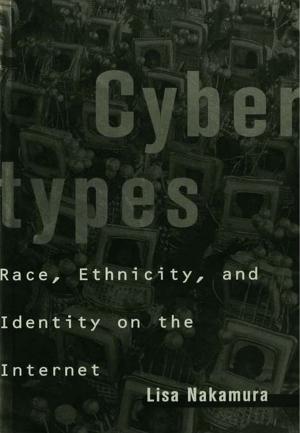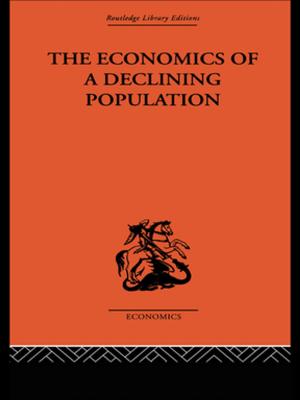Tennyson's Name
Identity and Responsibility in the Poetry of Alfred Lord Tennyson
Fiction & Literature, Literary Theory & Criticism| Author: | Anna Barton | ISBN: | 9781351895699 |
| Publisher: | Taylor and Francis | Publication: | December 5, 2016 |
| Imprint: | Routledge | Language: | English |
| Author: | Anna Barton |
| ISBN: | 9781351895699 |
| Publisher: | Taylor and Francis |
| Publication: | December 5, 2016 |
| Imprint: | Routledge |
| Language: | English |
Seeking to understand Tennyson's poetry as the work of a man concerned with making and then living up to one of the most famous names in Victorian literature, Anna Barton offers close readings of Tennyson's major works. From his obscure beginning as 'A.T.', one of two anonymous brothers, to the height of his success, when he held the impressive title 'Alfred Lord Tennyson, DCL, Poet Laureate', the development of Tennyson's career took place in a period increasingly aware that a name could command considerable cultural capital. In the marketplace goods were sold on the strength of their brand name; in the press the battle for signed articles was fought and won; and in Victorian drawing rooms young ladies collected the autographs of family and friends and pasted them into scrap books. From his early lyrics to his Arthurian Idylls, Barton argues, the laureate's keen sense of professional identity forced him to grapple with modern concerns about the ethics of print in order to establish his own responsible poetic.
Seeking to understand Tennyson's poetry as the work of a man concerned with making and then living up to one of the most famous names in Victorian literature, Anna Barton offers close readings of Tennyson's major works. From his obscure beginning as 'A.T.', one of two anonymous brothers, to the height of his success, when he held the impressive title 'Alfred Lord Tennyson, DCL, Poet Laureate', the development of Tennyson's career took place in a period increasingly aware that a name could command considerable cultural capital. In the marketplace goods were sold on the strength of their brand name; in the press the battle for signed articles was fought and won; and in Victorian drawing rooms young ladies collected the autographs of family and friends and pasted them into scrap books. From his early lyrics to his Arthurian Idylls, Barton argues, the laureate's keen sense of professional identity forced him to grapple with modern concerns about the ethics of print in order to establish his own responsible poetic.















